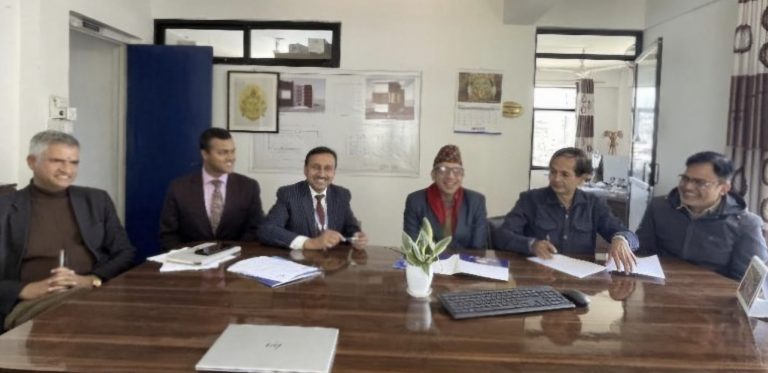 |
| Why Nepalese Students Forced to Leave Nepal & Where The Graduates are Settling |
Nepalese Students Can’t Sustain In Nepal
Statista; a German company that maintains market and consumer data, Nepalis ranked 12th among international students studying in the United States in 2020/21. At that time, 11,172 Nepalis were studying in the United States.
Neighboring Bangladesh, with a population five times that of Nepal, was 14th on the list, while Pakistan, with seven times the population, was 18th. In that year, 8,598 Bangladeshis and 8,475 Pakistanis studied in the United States. Probably a little higher in number, every year more Nepali students are coming to the United States in the name of study than in many other countries of the world.
According to the Australian Government’s Department of Education, Skills and Employment for January-March 2022, 38,946 of the 440,000 foreign students studying in the country are Nepali. After Chinese and Indians, most foreign students are Nepali. The number of Vietnamese students in the fourth place is less than half of the number of Nepalis. Pakistan is seventh and Bangladesh is 16th in the list. India, in second place – with a population 45 times that of Nepal – has twice as many students as Nepal.
Not only the US and Australia, but also India, China, UK, Canada, Japan, New Zealand have a large number of Nepali students. From an absolute point of view, it is certainly a matter of happiness for Nepali students to reach developed countries for education and skills. But it is not natural for such a large number of Nepali students to go abroad as compared to other countries. Its causes and dimensions are research topics, which should be brought to the attention of state bodies and study institutions.
A total of Rs. This is 106.3 per cent more than the corresponding period of the previous fiscal year. In the first nine months of the last fiscal year, the amount had decreased by about 14 per cent. This may be the main reason for the decline in foreign exchange reserves as the same proportion of money continues to flow out in the coming months. That is why, although this is a matter of concern, the government should not pursue a policy of forcing students to go out to study. Instead, research and analysis on its dimensions should be initiated to improve the necessary issues.
One is why such a large number of students do not want to stay in Nepal. They have gone abroad only to read that they have left Nepal for the sake of permanent migration. There should be a proper audit of these aspects. In the open world, those who go abroad to study are free, but in Nepal they do not have the desired subject and minimum quality guarantees. If they have gone abroad because they are not interested in living in the country, then thematic reforms alone are not enough, the overall politics of the country should be reformed, rule of law and good governance should be maintained.
To find a source of frustration for young people in a country where leaders and their entourage are rapidly evolving without a transparent source of income, legal salaries are limited, government employees are homeless, living conditions are difficult for ordinary people and state service delivery is extremely low. No need to wander elsewhere. Therefore, the flow of those who are forced to leave the country cannot be reduced unless they move forward on the path of prosperity by maintaining the rule of law and good governance.
Second, the government’s concern should be about how the country can benefit from those who have gone abroad in this way. For this, first of all, proper homework should be done on how to bring in more remittances from them and what initiatives should be taken for that. And secondly, the government should move forward in a systematic manner on how to create a conducive working environment for skilled Nepalis who have learned skills and education abroad.
Not only sound education but his alertness and dedication too are most required. The government should have a map of what kind of manpower is needed for the development of Nepal and in which countries there are Nepalis with such skills. And, not only do they need to be told to “love the country”, they also need to be motivated. This is not an easy task to get the equivalent certificate from Tribhuvan University, so the working environment here should be the same. For all these, the overall situation in Nepal needs to improve.









